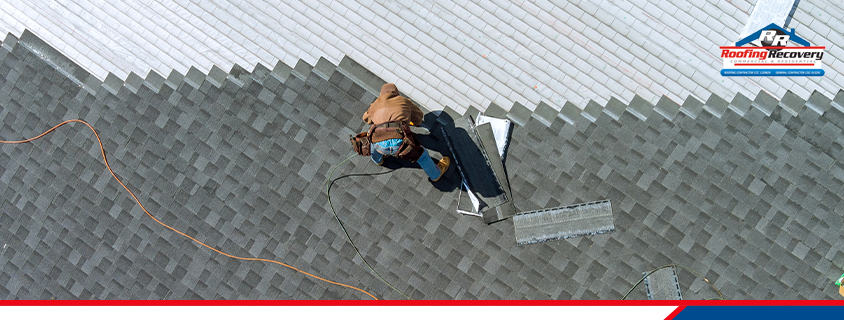When it comes to enhancing the curb appeal of your home, few elements play a more significant role than the color of your roof shingles. The right choice can harmonize with your exterior, boost your home’s aesthetic appeal, and even increase its overall value. However, with the multitude of options available, selecting the ideal roof shingle color can feel like a daunting task. Fear not! In this blog post, we will provide you with a comprehensive guide on how to pick roof shingle colors that will complement your home and create a stunning visual impact.
Consider Your Home’s Style:
Before delving into the world of roof shingle colors, it is essential to consider your home’s architectural style. Different styles demand specific color palettes to maintain their authenticity. For instance, a Victorian-style home might benefit from bold and dramatic shingle colors, such as deep grays or rich blues, while a farmhouse-style home would be better suited to earthy tones like brown or green. By aligning the shingle colors with your home’s style, you can create a cohesive and visually pleasing appearance.
Analyze Your Surroundings:
The natural surroundings of your home can also play a role in determining the ideal roof shingle color. Take into account the landscape, neighboring houses, and overall environment. If your home is nestled in a lush green environment, consider earthy tones or mossy greens to blend harmoniously. In contrast, if you live in an urban area with modern architecture, neutral shades like black, gray, or even metallic options can provide a sleek and contemporary look.
Consider Climate and Energy Efficiency:
Roof shingles not only contribute to the aesthetic appeal of your home but also play a functional role in maintaining energy efficiency. Darker shingle colors tend to absorb more heat from the sun, which can be beneficial in colder climates, helping to melt snow and ice. On the other hand, in warmer climates, lighter shingle colors reflect sunlight and help keep your home cooler, potentially reducing energy costs. Therefore, consider the climate in your area and the impact your chosen shingle color may have on your home’s energy efficiency.
Test Samples in Different Lighting:
Colors can appear different depending on the lighting conditions. To get an accurate representation of how your chosen shingle color will look on your roof, it is crucial to test samples under various lighting conditions. Take samples and observe them in natural daylight, during different times of the day, and even under artificial lighting. This will help you gauge how the colors interact with the rest of your home’s exterior and ensure you make an informed decision.
Balance with Existing Elements:
Take stock of the other permanent elements of your home’s exterior, such as the siding, trim, and architectural features. The roof shingle color should complement these elements rather than clash with them. Consider creating a pleasing balance between these different components. For example, if you have a brick exterior, warm-toned shingles like brown or terracotta can create a harmonious blend. If you have a vibrant exterior, neutral shingle colors can provide a balanced backdrop that allows your home’s other features to shine.
Seek Professional Advice:
If you find yourself overwhelmed or unsure about the color selection process, do not hesitate to seek advice from professionals. Roofing contractors or designers can provide valuable insights based on their experience and knowledge. They can guide you through the available options, recommend colors that suit your home’s style, and help you envision the final outcome. Their expertise can be invaluable in ensuring you choose the perfect roof shingle color.
Picking the right roof shingle color is a significant decision that can transform the look and feel of your home. By considering your home’s style, analyzing your surroundings, understanding the climate’s impact

